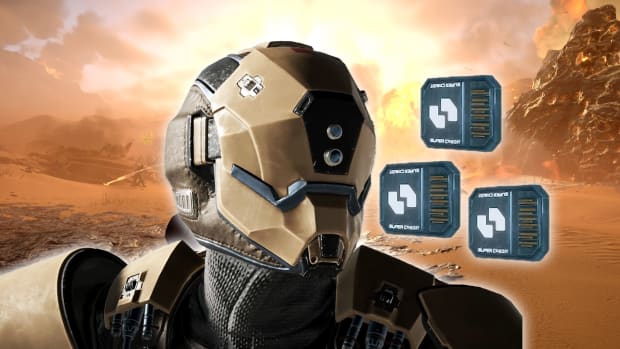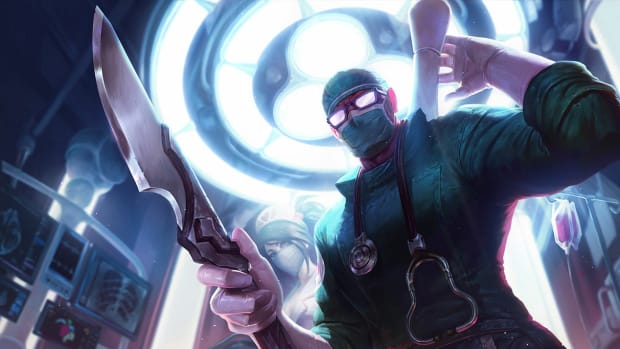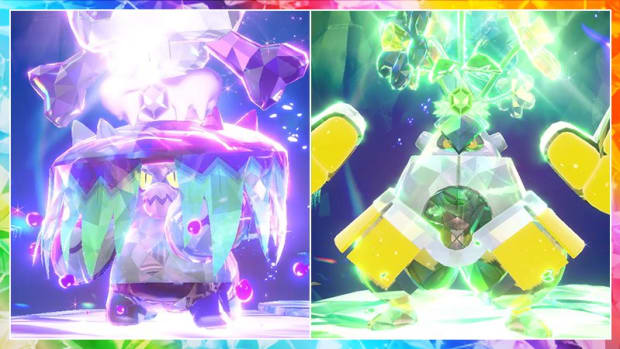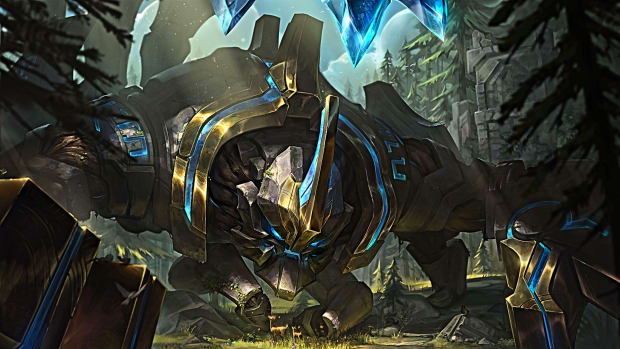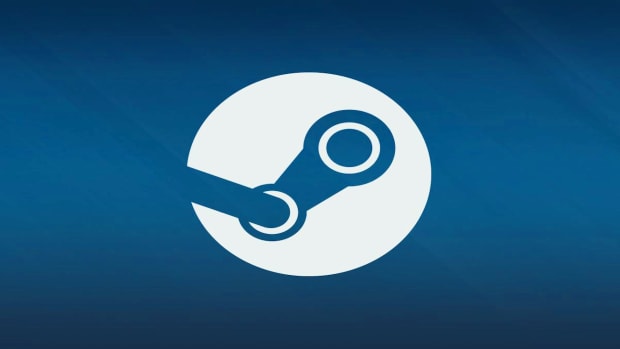How Esports Inspires the Next Generation of Players
Esports has become incredibly popular in recent decades and entertained millions of fans. For players, esports is not just a sport – it is a community, an introduction to role models, and an opportunity to practice skills such as discipline and cooperation. We interviewed three young players whose experience in esports positively impacted them – let’s hear how esports programs benefited them in their own words.
Barnegat High School Overwatch and VALORANT: Emily Sellers
Emily, an Overwatch support and a VALORANT sentinel, never expected to participate in esports – but after discovering her talent with help from teammates and mentors, she can’t imagine life without it. Emily’s parents, who spearheaded the teams at Barnegat, supported her efforts and inspired her to work (and play) hard. Playing on the Barnegat esports team allowed Emily to develop unshakable confidence and make incredible memories.
Which pro inspires you and why?
Emily: I would say my Overwatch coach [and mom] because she pushed me to be better than I originally was. As a team, we had some struggles with communication [...], and I feel like she guided us through a lot of that and helped us become more teamlike. And I look up to her for that, because I feel like that’s something that people should know how to do – how to bring people together – and I want to be able to do that.
How were you introduced to esports?
Emily: I was first introduced to Overwatch [...] since my brother used to play it on Xbox. [...] I just saw a bunch of flashy lights on the screen and I was like, ‘Oh, that looks fun.’. When I was a freshman in high school, my mom had a League of Legends team and a Smash Brothers team, and she was my ride home so I sat through most of their practices. I was like, ‘Oh, this is cool, they get to all work as a team’. It was just really fun to watch. So the following year, my mom started an Overwatch team;[...] there weren’t too many people on it [...] so she asked me, ‘Can you join the team?’. And I was like, ‘Okay.’
How has participating in esports benefited you?
Emily: I think esports has benefited me in multiple ways. [...] I had a love for video games growing up because of how much my parents played, [...] so growing up surrounded by video games in general, it was nice to have somewhere in school that I could share that love for video games that I had with people. [...] I liked having other people to rely on, and having them rely on me.”
What is your favorite esports memory?
Emily: “Ok, so I’m a mercy main-”
Interviewer: “Wait, did you get play of the game?”
Emily: “Yes! So, I had to learn how to maneuver a lot [...]. I had to learn how to super-jump so I didn’t get killed. And… I rage sometimes. So I’ll just pull out my pistol, and run around and shoot people because it’s fun. [...] A lot of the tanks that I have to play with are really stupid. So I often have to focus on healing them. [...] On my team, I was known for my miraculous rezzes. [...] I [used Valkyrie], and I was healing people, and I went [...] and rezzed someone in the middle of battle, and then I killed the Mercy [with the pistol. There can only be one]. ”
DeSales University Overwatch: Mahdi Shah
Any regular in the DeSales University esports arena is sure to meet Madhi Shah, who plays flex support on the school’s Overwatch team. Shah’s dedication is clear whether he’s hitting nasty Ana shots or serving as an academic peer mentor. His experience in esports has made him more connected to others, motivated him academically and introduced him to valuable role models.
Which pro inspires you and why?
Mahdi: Around the time that [Overwatch League] came out, my favorite pro was ryujehong. He played for Seoul Dynasty at the time [...] I absolutely loved his playstyle. He was an Ana main, I’m an Ana main – and I pretty much adapted my entire playstyle surrounding ryujehong. When you go to the arena, you’ll see that my mousepad is huge and that the mouse that I use is an ambidextrous mouse [because of him]. And ryujehong’s DPI was super low [...]so I figured, ‘he’s an Ana main and he’s really good, I’ll try to see what he’s doing’.
For the pro who inspired you [personally]... my answer is [our coach] Hidan. He’s been very patient with us and supportive, [...] he’s taken the time out of his day to talk to me personally. I think he’s for sure a real one. [...] It’s just really cool that an ex-Overwatch League player that played in championships is now coaching us.
How were you introduced to esports?
Mahdi: [I participated in] a contingency program for freshmen who show promise, but weren’t ready for college. We had to live at DeSales, so my roommate was David, the captain of the League of Legends team. [He] asked me, ‘Do you play video games?’. And I was like ‘Yeah, I play video games’. I actually planned on dropping games completely [...]. So then, that’s when he told me that DeSales University had an esports program, and I was like ‘Wow, um, okay… how do I sign up?’.
How has participating in esports benefited you?
Mahdi: I’ve met so many good people through esports. [...] I’ve met really good friends, like [teammate] Alex Gelpke who inspired me a lot to be a mentor. Nick [Principato, the Overwatch team Captain,] really stepped up and showed so much leadership to the team.
The main way esports changed me is that I was ready to completely give up video games, but this program gave me a reason to keep doing what I was good at. [...] It gives you a very healthy sense of competition. When I have a team behind me and I can physically dap everybody up after a win or a good play, [...] I feel like I’m doing a lot more as opposed to sitting [and] solo queueing against randoms.
What is your favorite esports memory?
Mahdi: [At the esports kickoff meeting] on the first day of the next school year, I walked in – this is the first time I’ve seen my people all year. I wasn’t really expecting that much. I was just gonna walk in, sit down and be like ‘What’s up, guys?’. But I walked in, and everybody just started clapping – they were like “MAHDI’S HERE, WOO!”. I was like, ‘Oh my gosh’ – I didn’t think of myself like [that]. I felt like I was part of [something], I felt like I belonged somewhere, you know?
Waldorf University Call of Duty: Kain Weber
Kain Weber has been an avid gamer since his teen years when he discovered Call of Duty and was immediately hooked. He would soon play in prestigious COD tournaments with teammates who would become lifelong friends. Participating in a collegiate Call of Duty team has enabled Weber to follow his passion competitively and pursue further schooling.
Which pro inspires you and why?
Kain: Shotzzy or scump. I think playstyle-wise, you go Shottzy, and in terms of game success you go scump. For Shotzzy, it’s just the way he plays his life and stays alive – he plays fast-paced, but knows when to slow down. So scump, his playstyle, he’s just very consistent. Like, he competed for a decade, [he’s] the second most-winning player of all time and probably the most successful in terms of brand building and out-of-game success.
How were you introduced to esports?
Kain: I stumbled upon a scump YouTube video in, like, 2013 on Call of Duty Ghost and I played Call of Duty already, but more casually. I had a super high competitive edge and I found out competing is a thing, and I just tried it. Ever since then, I just fell in love.
How has participating in esports benefited you?
Kain: It’s given me some opportunities to pursue schooling that I didn’t think I was going to pursue. It’s also, I think, kept me in the competition longer than traditional sports that I had, so I think that’s pretty cool. And then, just the people that I’ve met along the way, the friendships.
What is your favorite esports memory?
Kain: I think it was when me and Ryan, my friend who I grew up playing Call of Duty with, we won our first Search and Destroy tournament [in] World War II seven years ago. I think once we tasted that success, that’s the first time we gained anything monetary from it. Search and Destroy tournaments [pay you] a decent amount depending upon when you enter them. [We used some of the money] to enter more and more tournaments. Eventually, I saved up enough through wagers and things like that to pay for my PC and my PC parts. But when you care about something, it doesn’t matter if you win $2 or $250, especially if you win against people you don’t think you should be winning against at that stage when we were competing.
Although public perception is turning, it is all too common for esports – and video games overall – to be dismissed as a mindless and unproductive hobby. However, countless testimonies such as these demonstrate that esports programs have a real, constructive impact on the lives of young people. For Emily, esports strengthened her self-confidence and made her feel supported by a team. For Mahdi, esports connected him to supportive mentors and renewed his academic motivation. For Kain, esports allowed access to further education and built lifelong friendships.
Emily, Mahdi and Kain are only a few of many esports success stories. As the greater esports scene grows in influence, it is critical to also support collegiate and high school programs – and the future stars who will arise from them.
Written by Gabrielle DeSena
This article was created as part of an internship collaboration with NACE


